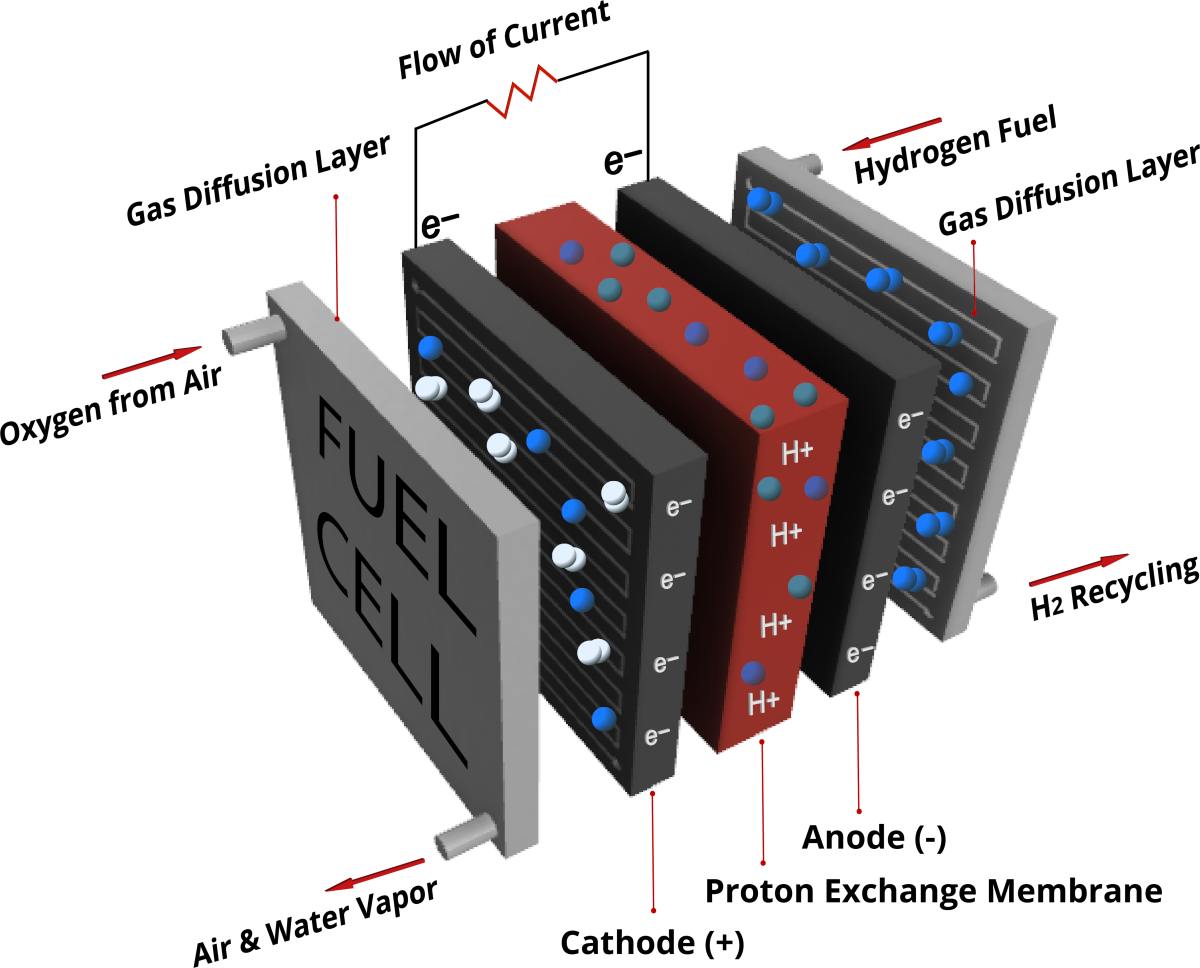1Why should I buy a fuel cell based generator when I can simply use diesel-powered generators and/or batteries?
While fossil fuel based solutions are often more affordable and readily available, they are neither good for the environment, nor are they very convenient for the user – maintenance can turn into a nightmare due to their mechanical complexity. Moreover, diesel generators are also heavy, noisy and foul-smelling. Batteries are heavy, discharge quickly and have long recharge times. Fuel cell based generators can do a lot more for a lot less.
2Why should I buy a fuel cell based generator when I can simply use solar panels and wind turbines?
While solar panels and wind turbines are a great source of power, their reliability is limited due to weather conditions. With our miniature smart-grid solutions you can complement your green power generation. If other methods aren’t producing enough power, UP® generators will provide the necessary amps.
3Do the systems have a warranty?
Yes, our generators come with a 5000 h or 2 year (whichever comes first) warranty.
4How will I perform maintenance works?
This technology is to be opened only by us or a licensed partner. Should there be any problems with the generator, simply contact us and we will repair or replace the whole system. We also perform annual check-ups.
5When installing one of your generators, what should I watch out for?
You should make sure that there is an adequate air supply for ventilation, because the fuel cell unit does emit a
little waste heat and water vapor. Also, make sure that there is enough space for the hydrogen cylinder and that the unit itself is installed and secured properly. A thorough manual is included and we can also help you set up the system on site.
6How much fuel does the unit consume?
That depends on the generator and the output power. Golden rule for the UP400 is that 1 litre of hydrogen (in water volume at 300 bars) will last for 1 hour at 400 W. If you use 200 W, 1 litre of hydrogen would be enough for 2 hours. Thus, a 9 litre hydrogen cylinder would be enough to run 18 hours consecutively at 200 W.
7Where do I get hydrogen?
Hydrogen can be bought from industrial and specialised gas companies. It is also possible to produce your own hydrogen via a process called electrolysis. Contact us and we will help you find the best solution!
8How safe is hydrogen?
Hydrogen is safer than other flammable fuels that we currently use to power our cars including petrol, diesel, natural gas and LPG. Hydrogen is less likely to explode because it is buoyant and diffusive. As a result, when hydrogen leaks, it rises rapidly into the atmosphere, and has less time to burn. Our gas system is carefully picked and put together using the highest safety standards.
While hydrogen has many properties that make it safer, it still needs to be handled responsibly. Hydrogen can be handled safely when users understand its behaviour and observe the guidelines.


